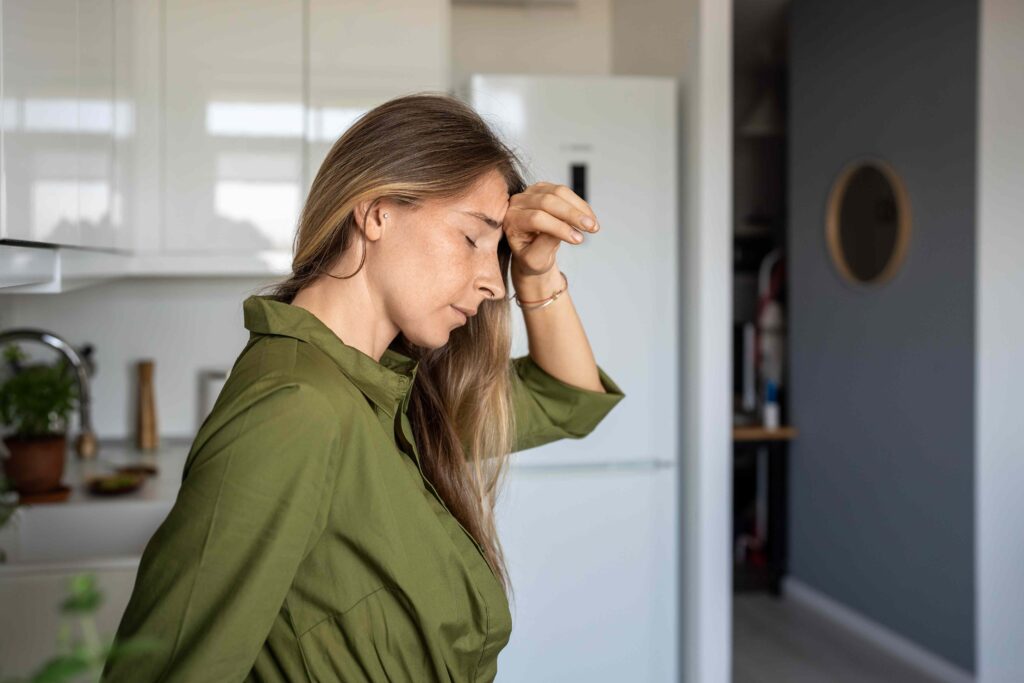Low blood sugar, known medically as hypoglycemia, is commonly associated with taking insulin for diabetes—but other situations may also cause your blood glucose (sugar) to dip or become too low. Multiple factors often combine to trigger low blood sugar in people who don’t have diabetes.
Medications are one of the most common causes of low blood sugar, especially if you take high doses. Examples of medications that may cause low blood sugar include:
- Beta-blocker medications for high blood pressure, such as Inderal (propranolol)
- Pain relievers, such as Advil (ibuprofen)
- Some antibiotics, such as Cipro (ciprofloxacin) and Biaxin (clarithromycin)
- Medications for mental health, such as Lithobid (lithium)
- Angiotensin-converting enzyme (ACE) inhibitors, such as Capoten (captopril)
Alcohol affects the way you metabolize sugar, and drinking too much of it may sometimes lead to low blood sugar. People who binge drink have a higher risk of hypoglycemia. Alcohol is also more likely to cause low blood sugar if you drink it on an empty stomach.
Making too much insulin can cause your blood sugar levels to drop. Some rare conditions, such as some genetic conditions and pancreatic cancers, can cause insulin overproduction and low blood sugar. Some people who’ve had gastric bypass surgery for weight loss are also at risk.
When your body’s energy stores are low from not getting enough calories, it’s harder to increase glucose levels. People with malnutrition, including from eating disorders such as anorexia, are at risk of low blood sugar.
While some people can fast for days without problems, fasting may trigger low blood sugar in people with other risk factors. Similarly, a dramatic increase in exercise may also trigger low blood sugar.
Certain kinds of hormone deficiencies can lead to low blood sugar. For example, pituitary gland disorders might cause impaired release of hormones you need to regulate your blood sugar.
Similarly, with Addison’s disease, your adrenal glands can’t release enough cortisol. This can also contribute to hypoglycemia. Having hypothyroidism may also increase one’s overall risk.
Low blood sugar can be a complication of certain chronic diseases, especially if they are severe. These include:
- Liver disease
- Kidney disease
- Heart failure
- Sepsis, a severe infection
Reactive hypoglycemia occurs when your body releases too much insulin after a meal. This causes your blood sugar to drop too much about two to five hours later. It’s more likely if you had food high in carbohydrates.
Reactive hypoglycemia occurs more often in people with diabetes or prediabetes, but it may also happen in some people without these conditions.
If you experience hypoglycemia, you may notice symptoms of low blood sugar like:
- Sweating
- Hunger
- Blurred vision
- Tremors
- Rapid heartbeat
- Dizziness
A small dip in blood sugar may cause more minor symptoms. For example, you might feel a little shaky or irritable. You might not have true hypoglycemia, but your slightly low blood sugar might be uncomfortable.
If very severe, low blood sugar can even cause seizures or coma.
To treat low blood sugar, eat or drink something that is high in fast-acting carbohydrates, like a glass of juice. Follow that with a longer-acting carbohydrate with protein, such as crackers and cheese.
If someone is experiencing severe symptoms of low blood sugar, like a loss of consciousness, call 911. Medical professionals can give the hormone glucagon, which quickly increases blood sugar levels. Some people at high risk might carry a glucagon emergency kit.
Low blood sugar can’t always be prevented. But if you are prone to it, you can minimize your risks. Try these approaches
- Eat regularly and avoid skipping meals.
- Consider the glycemic index of the foods you eat. Foods that quickly convert to glucose (high glycemic index foods) increase your blood sugar the fastest, but they also contribute to a later hypoglycemic crash.
- Don’t overdo strenuous activities if your body isn’t used to them.
- Have a small snack before or after exercise.
- Don’t drink alcohol on an empty stomach, and don’t drink to excess. Avoid strenuous physical activities after drinking, too.
- Work with a doctor to manage any medical conditions and medications to help avoid low blood sugar. Take your medications exactly as prescribed.
For concerns about mild symptoms of low blood sugar, make an appointment with a doctor. A primary care provider can help you determine the cause or refer you to a specialist as needed. For serious signs, like seizures or loss of consciousness, get immediate medical attention.


